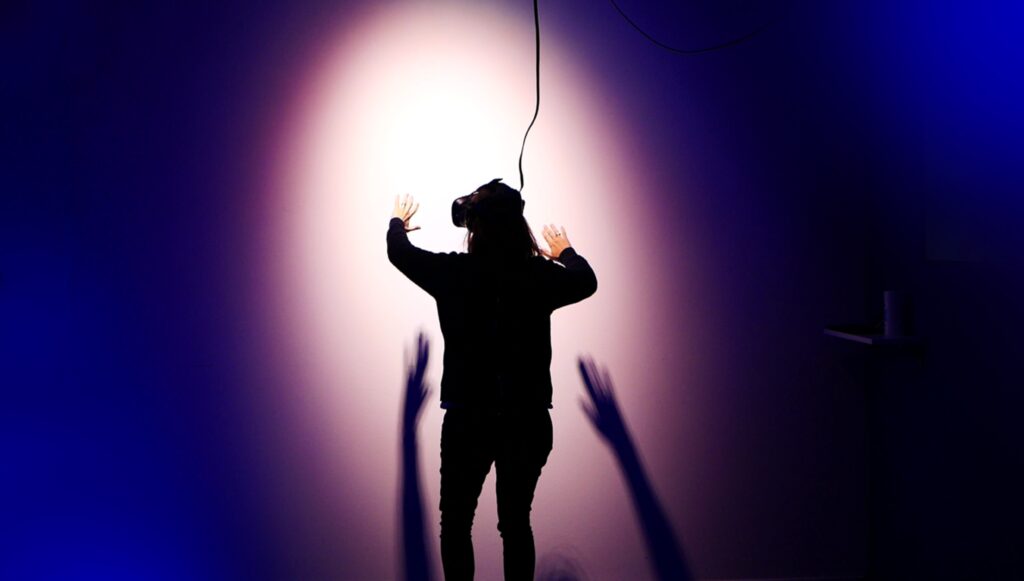Meta introduced the ‘Personal Boundary’ for Horizon Worlds and Venues
Meta, Facebook’s parent company, imposed security distances on the Metaverse following allegations of sexual abuse in the digital world.
The social media giant introduced the so-called ‘personal boundary’ for Horizon Worlds and Venues, which aims at preventing avatars from approaching each other beyond 1.2 meters.
“Personal Boundary prevents avatars from coming within a set distance of each other, creating more personal space for people and making it easier to avoid unwanted interactions. Personal Boundary will begin rolling out today everywhere inside of Horizon Worlds and Horizon Venues and will by default make it feel like there is an almost 4-foot distance between your avatar and others. Over time, we’ll continue to make improvements as we learn how this affects people’s experiences,” said Meta in an official statement.
Assaulted in Metaverse
Meta’s decision came after a complaint from a 43-year-old British mother who claimed that she was sexually harassed by other avatars while trying out Meta’s Horizon Worlds.
“Within 60 seconds of joining, I was verbally and sexually harassed by 3–4 male avatars, with male voices, who essentially, but virtually gang-raped my avatar and took photos,” the British woman said, describing her experience.

“A horrible experience that happened so fast and before I could even think about putting the safety barrier in place. I froze. It was surreal. It was a nightmare” she added.
The 43-year-old woman used a Medium blog post to share her experience but within a few hours, her post become viral, with thousands of other users sharing her story. This is the first time such a complaint has been made about the brand new Metaverse world.
Meta then publicly expressed its regret for the incident and announced the taking of new digital measures, which according to the company will create a more secure and private digital space to ensure that users who enter Facebook’s version of the Metaverse will not experience any similar harassment in the future.
As Meta explained, “a Personal Boundary prevents anyone from invading your avatar’s personal space. If someone tries to enter your Personal Boundary, the system will halt their forward movement as they reach the boundary. You won’t feel it—there is no haptic feedback. This builds upon our existing hand harassment measures that were already in place, where an avatar’s hands would disappear if they encroached upon someone’s personal space”.
Personal Boundary will be enabled by default and users will not be provided with the option to disable it. However, they will be able to make movements such as high-five or fist-bump other people’s avatars in Horizon Worlds or Horizon Venues by extending their hand. “We are intentionally rolling out Personal Boundary as always-on, by default, because we think this will help to set behavioral norms—and that’s important for a relatively new medium like VR. In the future, we’ll explore the possibility of adding in new controls and UI changes, like letting people customize the size of their Personal Boundary,” Meta noted.
Right now, Horizon Worlds allows users to hang out with up to 20 other avatars in a digital space, and certainly, the new digital measures that are already in force may be extended, putting even more restrictions.



